Youth Inclusion
We believe that the young people who are most affected by the system must be at the heart of efforts to change it.
Young people are integral to our mission and vision as the national What Works Centre for youth employment.
We cannot create better outcomes or find effective solutions for young people’s futures without actively involving them in the process. Youth inclusion is therefore essential to us achieving our mission and is recognised as a key enabler across our organisation.
We proudly engage the voices and perspectives of young people experiencing marginalisation in our work, actively ensuring that those engaged with us can meaningfully influence what we do and advocate within the employment system, while also developing their skills and personal outcomes.
To support this, we have built a youth inclusion architecture to ensure youth voice is a part of our governance, our key areas of activity, and our funding.
We deliver a host of engagement programmes to embed young people’s voices and perspectives in our activity and allow them to share their knowledge and expertise of youth employment issues with key stakeholders.
These programmes include youth-led and co-produced ways of working to empower young people to take a lead on issues that affect them.
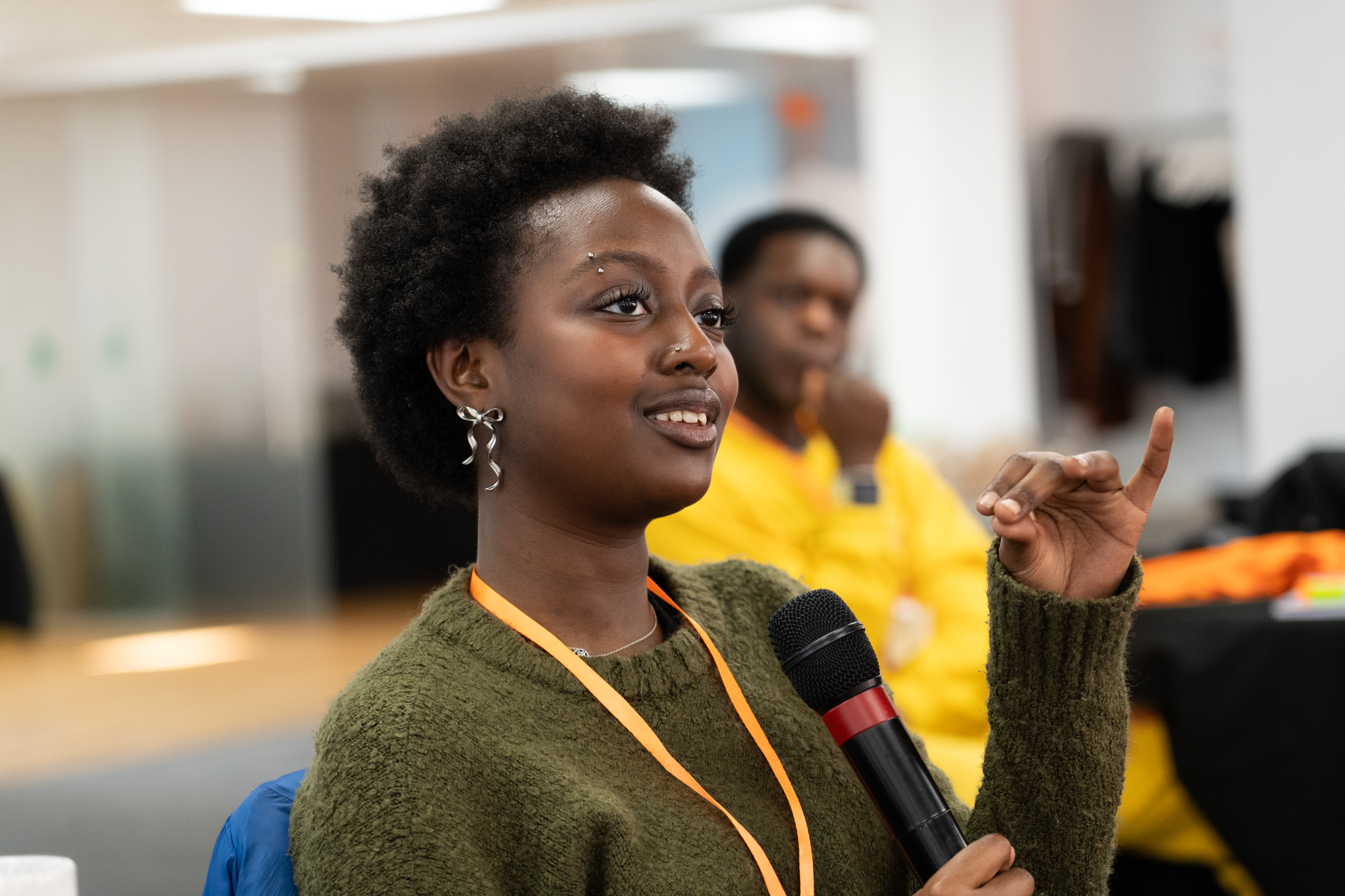
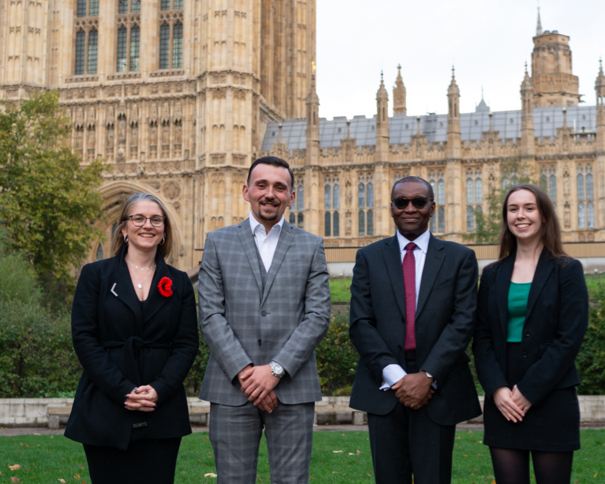
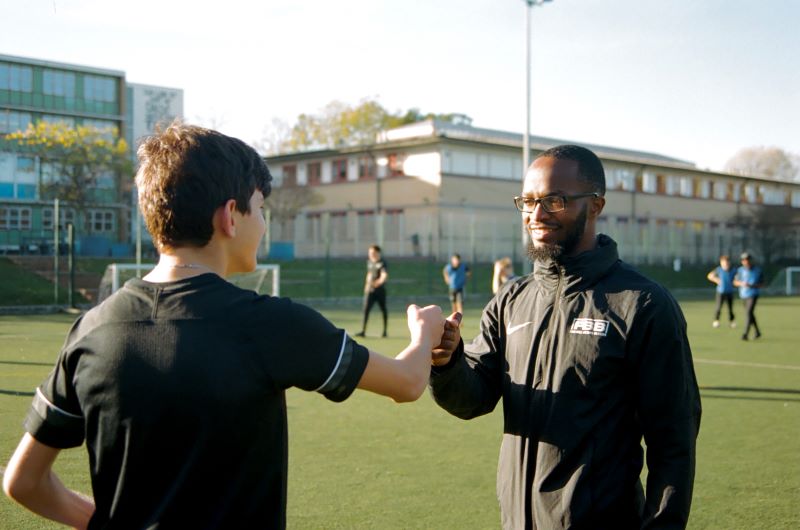
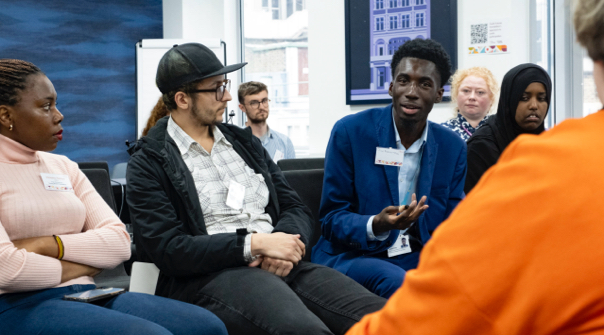
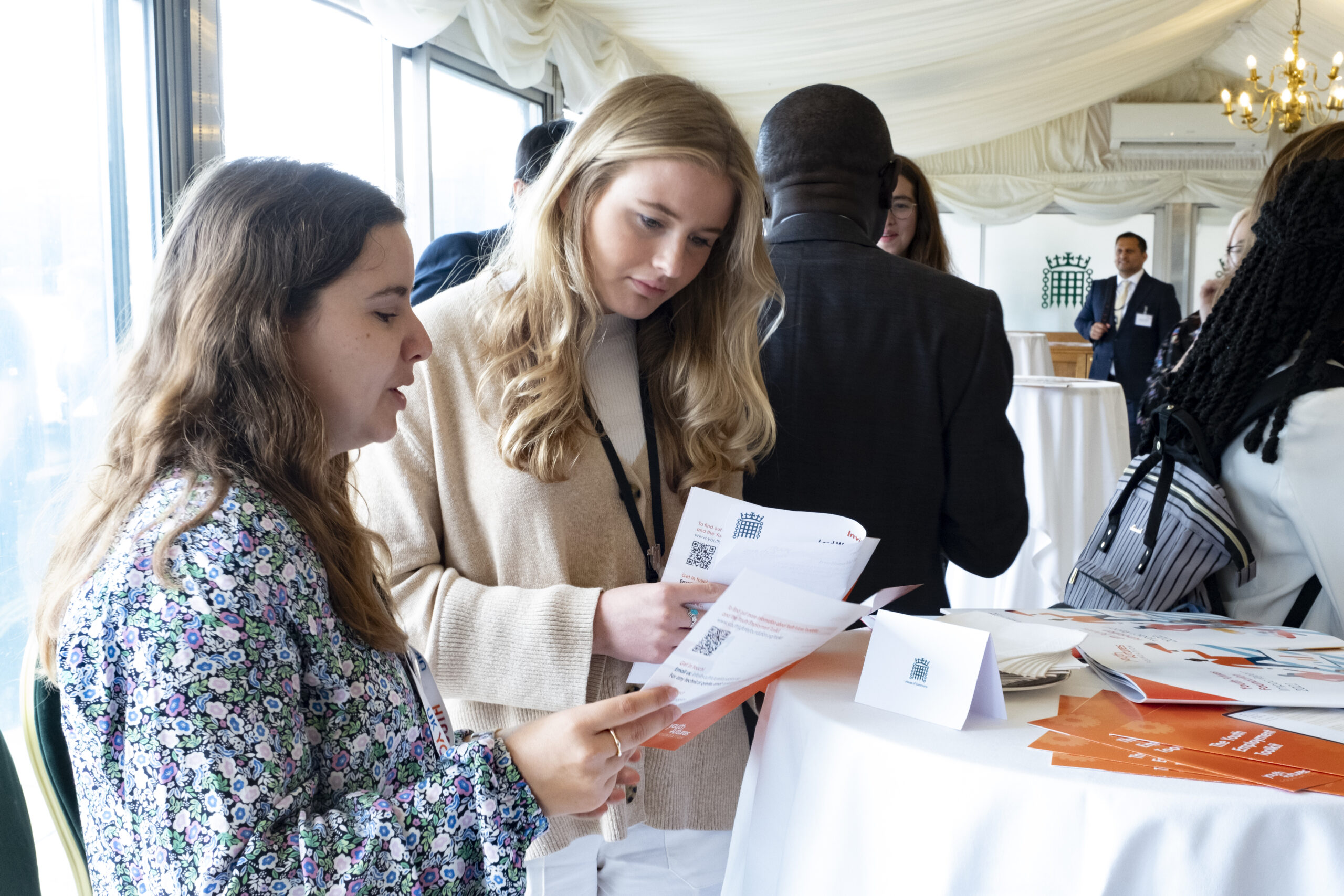
We also engage our young people in important roles outside of our engagement programmes to inform our work; from research consultations through to grant decisions.
This can be done through one off-consultations with the FVG or offered as additional opportunities for all groups.